From our Friends at the Florida Conservation Coalition
————–FCC Legislative Priorities—————–
Below is a summary of some of the environmental legislation that has been filed thus far in the 2017 Legislative Session. The FCC has agreed to focus on funding for statewide conservation land acquisition and legislation to protect Florida’s waters. We will keep you updated as bills move through the House and Senate and hope you will stay engaged and contact your legislators about the proposed legislation below.
Please feel free to reach out to the FCC and our Member Organizations if you have any questions.
Best,
Gladys
Environmental Appropriations
The FCC will continue to advocate for increased funding for conservation land acquisition in step with the will of the voters who overwhelmingly passed 2014’s Amendment 1, the Florida Water and Land Conservation Amendment.
Appropriations will be shaped by last year’s Legacy Florida Act and several other bills discussed below.
Other Environmental Legislation of Interest
Land Acquisition Trust Fund (2014’s Amendment One Dollars)
SB 10 (Sen. Bradley), “Reservoir Project in the Everglades Agricultural Area”: This bill is related to Senator Negron’s proposal to buy land in the Everglades Agricultural Area, south of Lake Okeechobee, for construction of a reservoir to help reduce discharges to coastal estuaries and send water south into Everglades National Park. SB 10 permits all costs associated with the reservoir, including the costs for land acquisition, construction, and operation and maintenance, to be funded out of the Florida Forever program – historically the primary source for statewide conservation land acquisition. The bill authorizes bonding of $1.2 billion to purchase land either through a willing seller or by executing the existing contract with U.S. Sugar. The FCC is still analyzing the bill to determine how it will impact allocations from the Land Acquisition Trust Fund and funding for other conservation priorities.
Senate Referrals: Environmental Preservation and Conservation (February 7, 2:00 PM, 412 Knott Building); Appropriations Subcommittee on the Environment and Natural Resources; Appropriations
SB 112 (Sen. Brandes), “Flood Hazard Mitigation”: This bill would:
Subject to appropriation, allocate up to $50 million annually from the Land Acquisition Trust Fund (2014’s Amendment One dollars) for flood hazard risk reduction policies and projects, including the acquisition of flood-prone property and development of green infrastructure to reduce the risk of flooding. Funds would be used for a matching grant program through the Division of Emergency Management.
Require an annual appropriation of a sum not to exceed $820,000 from the Land Acquisition Trust Fund to the Emergency Management, Preparedness, and Assistance Trust Fund for nonrecurring administrative costs of implementing the grant program.
Add Flood Mitigation Projects to the list of projects that the Florida Communities Trust program can fund, undertake, and coordinate.
Senate Referrals: Banking and Insurance; Community Affairs; Appropriations Subcommittee on Transportation, Tourism, and Economic Development; Appropriations
SB 230 (Sen. Artiles), “Nonnative Animals”: This bill would allocate $300,000 annually, for two years, from the Land Acquisition Trust Fund (2014’s Amendment One) to implement a pilot program focused on mitigating the impact of tegu lizards and other invasive species on public lands. The Florida Fish and Wildlife Conservation Commission (FWC), in consultation with the Department of Environmental Protection, would establish this pilot program with the goal of examining the benefits of using strategically deployed hunting teams to target the invasive species and simultaneously collect information for research purposes. FWC would submit a report of findings and recommendations regarding the pilot program to the Governor, the President of the Senate, and the Speaker of the House of Representatives by January 1, 2020.
Senate Referrals: Environmental Preservation and Conservation; Appropriations Subcommittee on the Environment and Natural Resources; Appropriations
SB 234 (Sen. Bradley), “Land Acquisition Trust Fund”: This bill would require an annual allocation from (2014’s) Amendment One dollars for the St. Johns River Water Management District to help fund projects dedicated to the restoration and enhancement of the St. Johns River and its tributaries or the Keystone Heights Lake Region. The allocation is for $35 million annually.
Senate Referrals: Environmental Preservation and Conservation; Appropriations Subcommittee on the Environment and Natural Resources; Appropriations
HB 551 (Rep. Stone), “Onsite Sewage Treatment and Disposal Systems”: This bill would require an annual appropriation of $20 million from the Land Acquisition Trust Fund (Amendment One dollars). These funds would be used to help property owners retrofit their septic systems or switch to central sewer when DEP finds that their septic systems are contributing excess nutrient pollution to the Indian River Lagoon and the Caloosahatchee and St. Lucie estuaries. The funds would also be used for muck dredging and storm-water improvements in the northern Indian River Lagoon.
Additionally, this bill would require the adoption of septic tank remediation plans where DEP determines they’re necessary for meeting pollution reduction goals set by Total Maximum Daily (Pollution) Loads for water bodies. Plans would include options for septic system repair, upgrade, or replacement; drain field modification; the addition of effective nutrient-reducing features; and connection to central sewer.
Water
HB 285 (Rep. Fischer; Rep. Leek; Rep. Massullo), “Onsite Sewage Treatment and Disposal Inspections”: This bill would require septic system inspections at the point of sale for real estate transactions.
House Referrals: Agriculture & Property Rights Subcommittee; Natural Resources & Public Lands Subcommittee; Commerce Committee
HB 413 (Rep. Antone), “Water Oversight and Planning”: This bill would establish a Water Oversight & Planning Board to oversee regional water supply and water quality planning, flood protection planning, and environmental restoration. The board would include two members appointed by the Governor, several industry-minded members, and one representative from an environmental organization. The stated purposes of this Board are basic functions of the water management districts. The Board would further weaken the autonomy of the water management districts.
SB 532 (Sen. Galvano/Sen. Stewart), “Public Notification of Pollution”: This bill would require the Department of Environmental Protection (DEP) to publish a list of substances that would present an immediate and substantial risk to public health, safety, or welfare if released at specified quantities. If these substances are released into the environment, the owner or operator must report the release to DEP within 24 hours. If an owner or operator of an installation fails to comply with this law, they would be subject to up to $10,000 per day of civil penalties for each violation.
The bill would also require to DEP to share each report under this law with the public within 24 hours.
“Fracking”
HB 35 (Rep. Jenne), “Well Stimulation Treatments”: This bill prohibits a person from performing well stimulation treatments for exploration or production of oil or natural gas, including “fracking.”
House Referrals: Natural Resources & Public Lands Subcommittee; Agriculture & Natural Resources Appropriations Subcommittee; Government Accountability Committee
SB 98 (Sen. Farmer), “Stop Fracking Act”: This bill would ban extreme well stimulation techniques, including “fracking,” in Florida. It would prevent a person from performing these operations and DEP from authorizing these operations.
Senate Referrals: Environmental Preservation and Conservation; Community Affairs; Appropriations Subcommittee on the Environment and Natural Resources; Appropriations
SJR 108 (Sen. Farmer), “Extreme Well Stimulation Ban Resolution”: This resolution proposes an amendment to the Constitution that would ban extreme well stimulation techniques, including “fracking,” in Florida.
Senate Referrals: Environmental Preservation and Conservation; Community Affairs; Appropriations Subcommittee on the Environment and Natural Resources; Appropriations
SB 442, (Sen. Young/Sen. Perry/Sen. Farmer/ Sen. Latvala/ Sen. Stewart), “Advanced Well Stimulation Treatment”: This bill would ban “advanced well stimulation” techniques, including “fracking,” in Florida. It makes it clear that a permit for drilling or operating a well doesn’t authorize the performance of “advanced well stimulation treatments.”
An identical bill has been filed in the House by Rep. Miller: HB 451.
Senate Referrals: Environmental Preservation and Conservation; Appropriations Subcommittee on the Environment and Natural Resources; Appropriations
Environmental Regulation Commission
SB 198 (Sen. Stewart/Sen. Rodriguez), “Environmental Regulation Commission”: This bill would:
Establish a deadline of 90 days for filling vacancies on the Environmental Regulation Commission (ERC)
Require a supermajority of the ERC to approve standards in rules relating to air pollution; water quality standards; regulation of consumptive usage of water; hazardous substance release notification; ambient air quality standards; emission standards for stationary sources; surface water quality standards; ground water classes, standards, and exemptions; and drinking water classes, standards, and exemptions.
Senate Referrals: Environmental Preservation and Conservation; Ethics and Elections; Rules
Renewable Energy
SB 90 (Sen. Brandes), “Renewable Energy Source Devices”: This bill would implement 2016’s Amendment 4.
Previously renewable energy source devices were exempt from consideration when assessing the value of residential property. This bill extends this exemption to commercial properties as well.
This bill would also exempt renewable energy source devices from ad valorem taxation until December 31, 2037.
Senate Referrals: Communications, Energy, and Public Utilities (February 7th, 2:00 PM, SOB 301); Community Affairs; Appropriations Subcommittee on Finance and Tax; Appropriations
SB 456 (Sen. Rodriguez), “Public Utilities”: This bill would exempt certain producers of renewable solar-based energy from being defined as a public utility. It would allow, for example, apartment complexes who produce solar power to sell power to their tenants without having to go through a utility.
Plastic Bags
SB 162 (Sen. Rodriguez), “Disposable Plastic Bags”: This bill would allow coastal communities with a population of fewer than 100,000 to implement pilot programs testing regulations or bans of disposable plastic bags. The pilot programs would take effect on or after January 1, 2018 and would end on or before June 30, 2020. The pilot regulations or bans cannot include new taxes or fees on the use or distribution of disposable plastic bags. Municipalities that implement such pilot programs would collect data on the impact of their regulations or ban and submit a report by April 1, 2020 with this information to the governing board of their municipality at a public hearing. They would also provide a copy of this report to the Department of Environmental Protection.
Senate Referrals: Environmental Preservation and Conservation; Community Affairs; Commerce and Tourism; Rules
 www.floridaconservationcoalition.com
www.floridaconservationcoalition.com
Like this:
Like Loading...


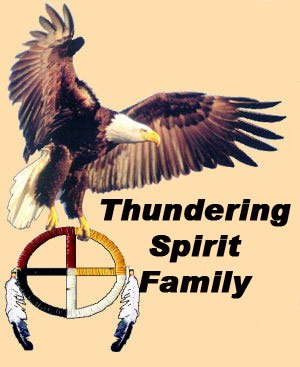
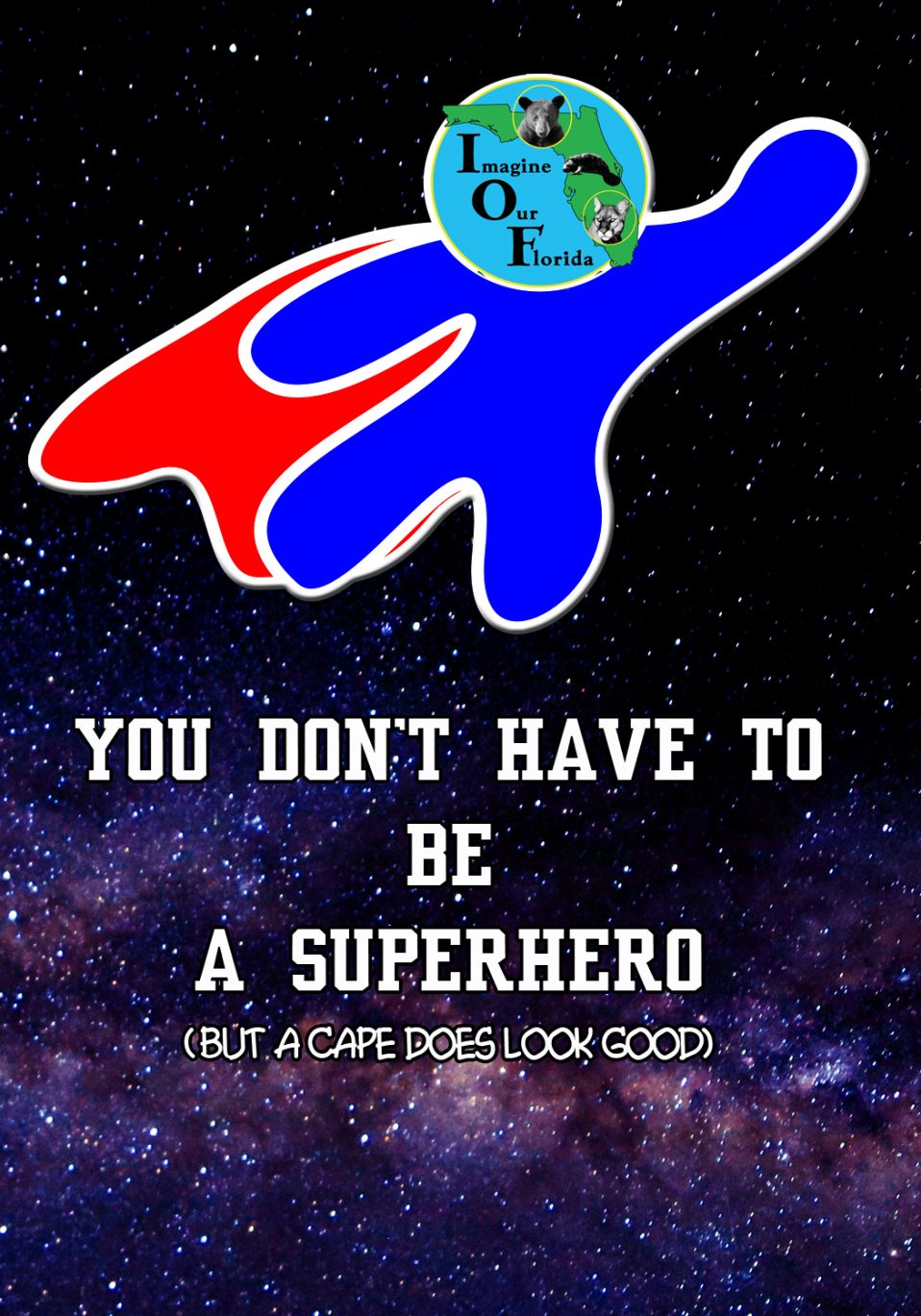
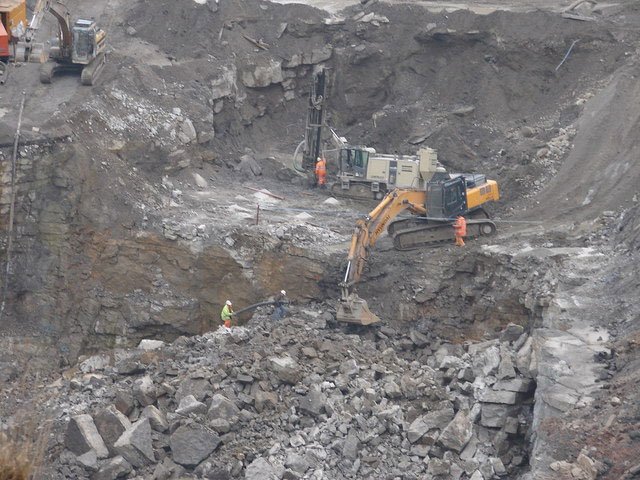

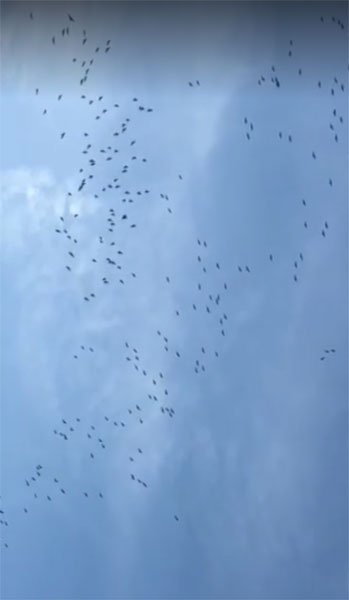
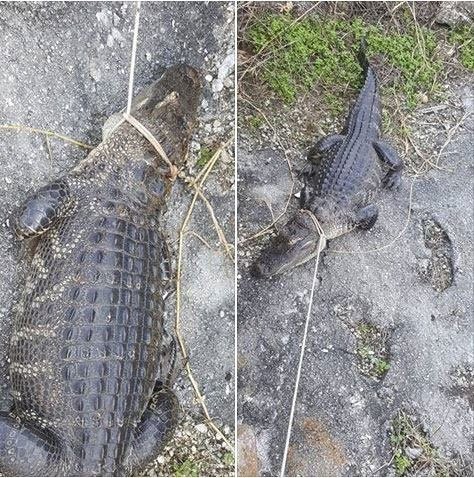
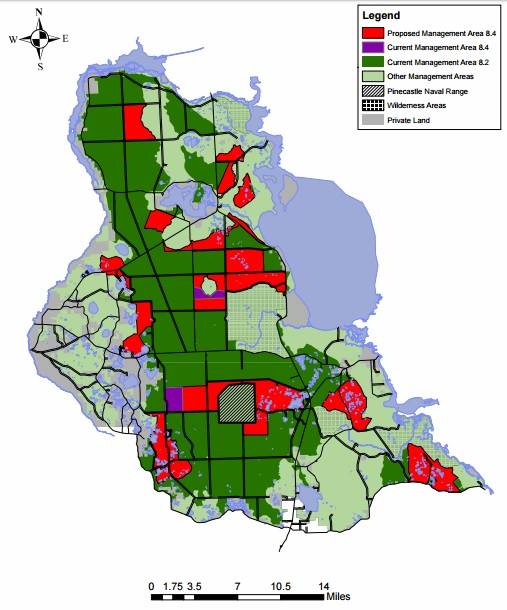
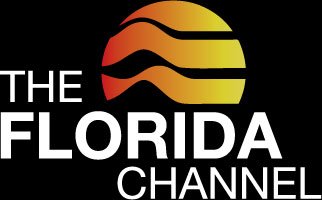
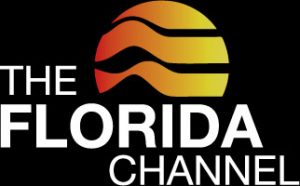
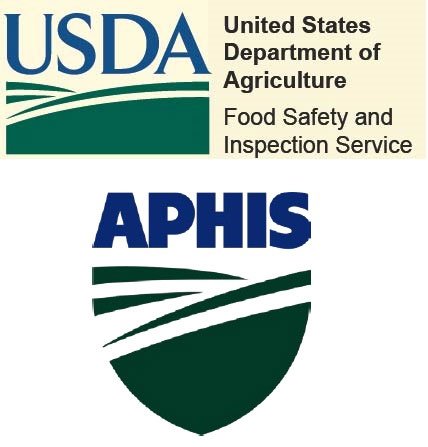
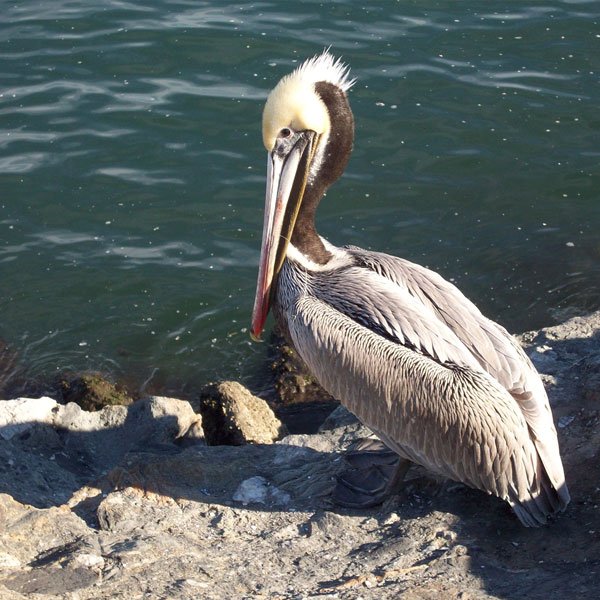
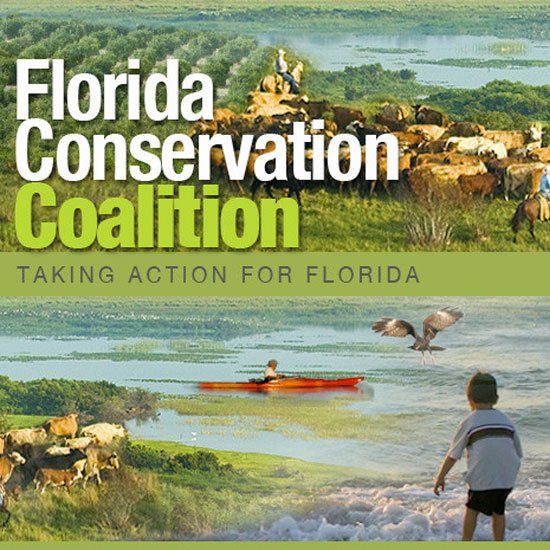
Recent Comments